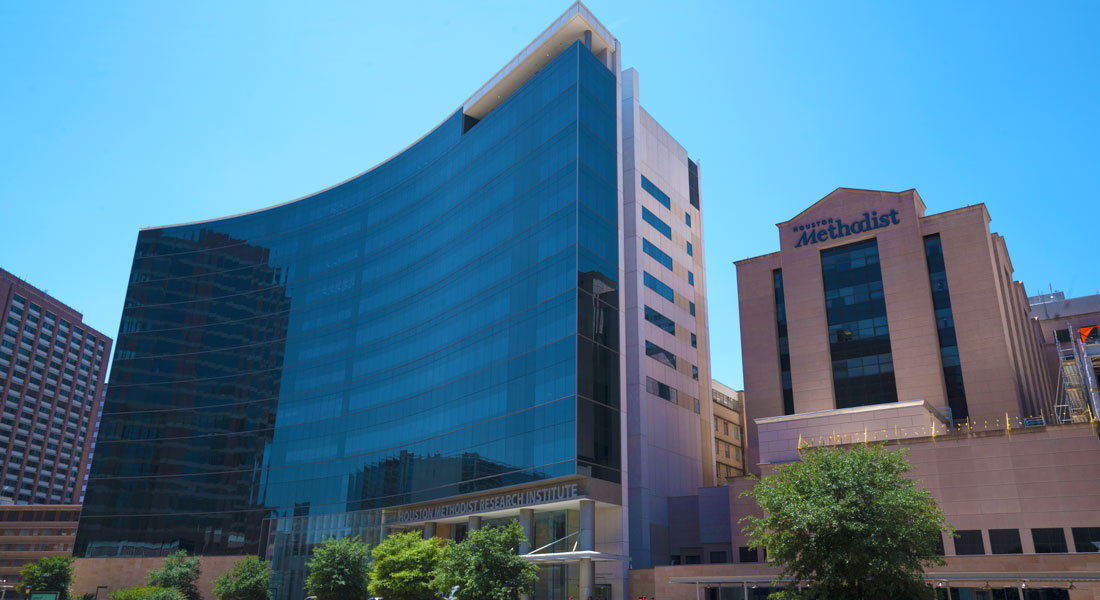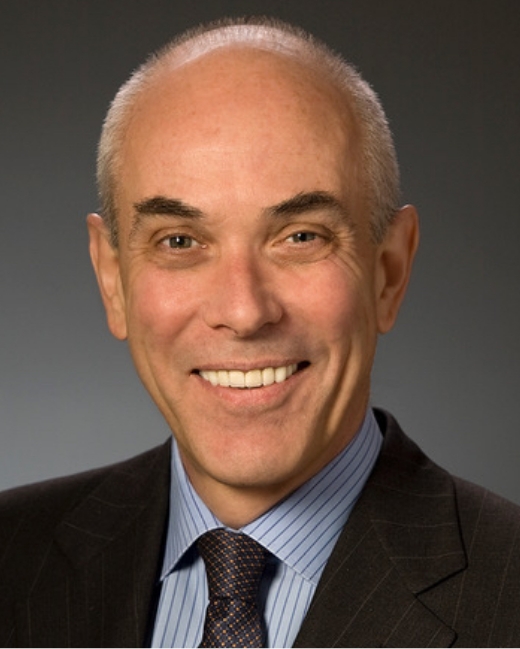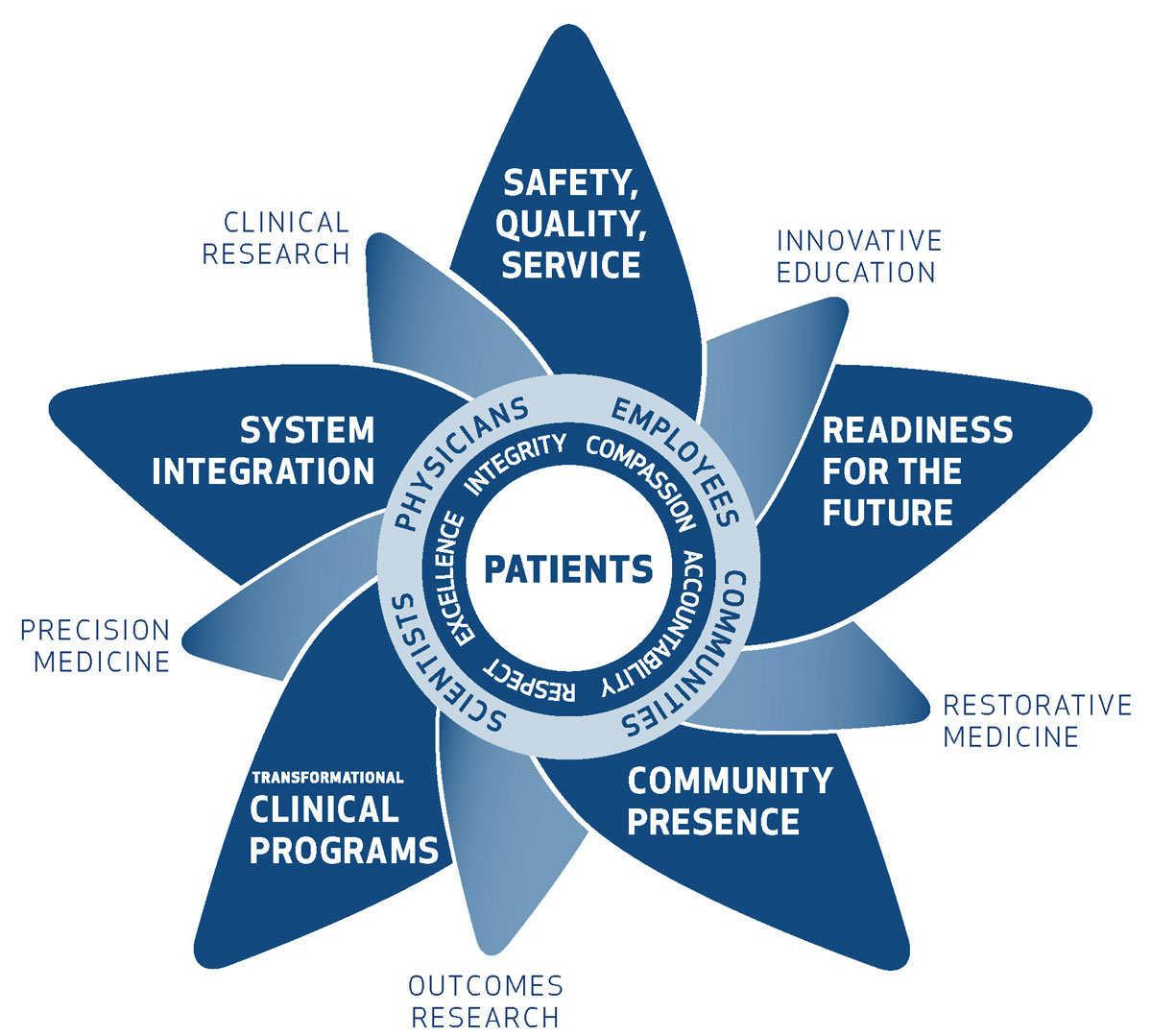
President’s letter
2020 Metrics
Cycle of Translation
Visionary Gifts

Discovery to Clinic

Innovative Education

Translational Luminaries
Introduction
The Ann Kimbell and John W. Johnson Center for Cellular Therapeutics
The Fondren Food & Health Alliance and The Fondren Inflammation Center
Cockrell Center for Advanced Therapeutics
Paula and Joseph C. “Rusty” Walter III Translational Research Initiative
Jerold B. Katz Academy of Translational Research
result
Outcomes Research
Precision Medicine
CPRIT Funding to Drive New Discoveries in Cancer Therapeutics
Siemens Healthineers and Houston Methodist Imaging Innovation Hub Empowers Researchers to Push the Boundaries
Novel Monoclonal Antibody Treatment Halts Tumor Growth in Deadly Ovarian and Pancreatic Cancers
Houston Methodist Institute for Technology, Innovation & Education (MITIESM)
Can Devices Provide A New Treatment Option for Glioblastoma?
Houston Methodist Hospital’s new Paula and Joseph C. “Rusty” Walter III Tower offers the Most advanced treatments and innovations available
Neuroimaging Offers New Insights into Neurodegeneration
COVID-19 Studies
Restorative Medicine
Houston Methodist and Rice University Launch Center for Translational Neural Prosthetics and Interfaces
Non-invasive Spinal Stimulation Enables Paralyzed People to Stand Unassisted
Dissolvable Implants Enhance the Body’s Ability to Heal Broken Bones
Cell Encapsulation May Hold the Key to Preventing Cell Transplant Rejection
Revolutionizing the Future of Complex Valve Disease Management



Science in Service
of
Medicineresult
President's letter
2020 Metrics
Cycle of Translation
Visionary Gifts of Hope


Introduction

The Ann Kimbell and John W. Johnson Center for Cellular Therapeutics

The Fondren Food & Health Alliance and The Fondren Inflammation Center

Cockrell Center for Advanced Therapeutics

Paula and Joseph C. “Rusty” Walter III Translational Research Initiative

Jerold B. Katz Academy of Translational Research

From Discovery to Clinic


Introduction

Restorative Medicine


Houston Methodist and Rice University Launch Center for Translational Neural Prosthetics and Interfaces

Non-invasive Spinal Stimulation Enables Paralyzed People to Stand Unassisted

Dissolvable Implants Enhance the Body’s Ability to Heal Broken Bones

Cell Encapsulation May Hold the Key to Preventing Cell Transplant Rejection

Revolutionizing the Future of Complex Valve Disease Management

Precision Medicine


CPRIT Funding to Drive New Discoveries in Cancer Therapeutics


An Innovative New Tool to Enable Drug Discovery and Personalized Medicine


Devising a Novel Combination Treatment for Aggressive Double-hit Lymphoma



Expanding the RNAcore to Encompass the Entire Cycle of a Cure


Siemens Healthineers and Houston Methodist Imaging Innovation Hub Empowers Researchers to Push the Boundaries

Novel Monoclonal Antibody Treatment Halts Tumor Growth in Deadly Ovarian and Pancreatic Cancers

Houston Methodist Institute for Technology, Innovation & Education (MITIESM)


Surgical Technology Developed in MITIE Gains FDA Approval


Pushing the Frontier of the Robotics Revolution

Can Devices Provide A New Treatment Option for Glioblastoma?

Houston Methodist Hospital’s new Paula and Joseph C. “Rusty” Walter III Tower offers the Most advanced treatments and innovations available

Neuroimaging Offers New Insights into Neurodegeneration

Translational Luminaries

From the President
Science in Service of Medicine

Share this story
Houston Methodist has served as a pillar of the Houston community since it began in 1919 as a small hospital providing medical care during the Spanish Influenza pandemic. When the COVID-19 pandemic arrived 101 years later, it provided many opportunities to appreciate the foresight of our founders, and the resilience, compassion and expertise of our health care providers and staff.
Our academic teams worked resolutely throughout the pandemic, contributing to the system-wide COVID-19 response with rapid outcomes studies and clinical trials as well as continuing to make landmark discoveries in each of our Centers of Excellence. This book shares some of the stories that embody our mission to meet the most demanding challenges faced by patients and their physicians.
In 2020, our academic community further cemented their position at the center of a global collaborative network that moves medical research from concept to cure and educates healthcare professionals in the latest medical breakthroughs. This year, we partnered with Rice University to launch the Center for Translational Neural Prosthetics and Interfaces, which brings together scientists, clinicians, engineers and surgeons to solve clinical problems with neurorobotics. 2020 also saw the establishment of the Weill Cornell Graduate School doctoral program in Physiology, Biophysics & Systems Biology at Houston Methodist that builds upon the long-standing academic affiliation between the two academic medical institutions.
None of this work would be possible without the dedication and support of our visionary Houston Methodist Academic Institute board members, generous donors and brilliant faculty. Our work together has established Houston Methodist as a leading academic medical center, and I am honored to be a part of this journey to the future of medicine.

H. Dirk Sostman, MD, FACR
President, Houston Methodist Academic Institute
Chief Academic Officer, Houston Methodist
Ernest Cockrell, Jr. Presidential Distinguished Chair
Professor Emeritus of Radiology
Weill Cornell Medical College
Houston Methodist Academic Institute Board of Members
John F. Bookout, III, Chair
Judge Ewing Werlein, Jr., Sr. Chair
Edward R. Allen, III
David C. Baggett, Jr.
John F. Bookout, Jr.
Marc L. Boom, MD
Joseph R. “Rod” Canion
David T. Chao
Stephen I. Chazen
Augustine M.K. Choi, MD
Ernest D. Cockrell, II
Martin S. Craighead
Martha S. DeBusk
W. Leslie Doggett
Antonio M. Gotto, Jr., MD, DPhil
Edward A. Jones
Evan H. Katz
Edwin H. Knight
Kevin J. Lilly
Steven S. Looke
Ransom C. Lummis
David A. Modesett
W. Benjamin Moreland
Gregory V. Nelson
Joe Bob Perkins
Mary Eliza Shaper
Suzanne H. Smith
H. Dirk Sostman, MD
Douglas E. Swanson, Jr.
David M. Underwood, Jr.
Amy Waer, MD
Joseph C. “Rusty” Walter, III
Martha S. Walton
Vision for the Second Century

The Houston Methodist Vision for the Second Century advances the initiatives of utmost importance to the hospital while placing our patients at the center of everything we do. It illustrates the emphasis placed on our academic medicine mission, which includes restorative medicine, precision medicine, outcomes research, clinical research, and innovative education. These elements are supported by the fundamental values and initiatives of Houston Methodist, which define our commitment to advance the practice of medicine and offer our patients leading care.










